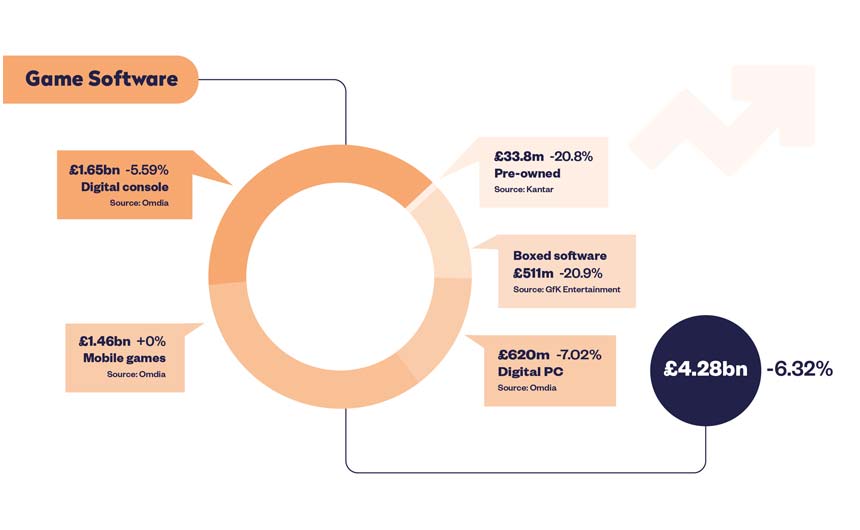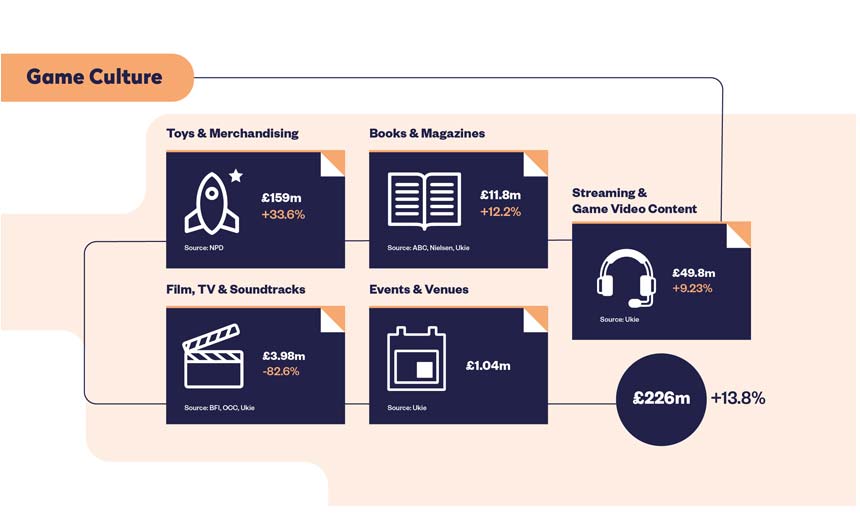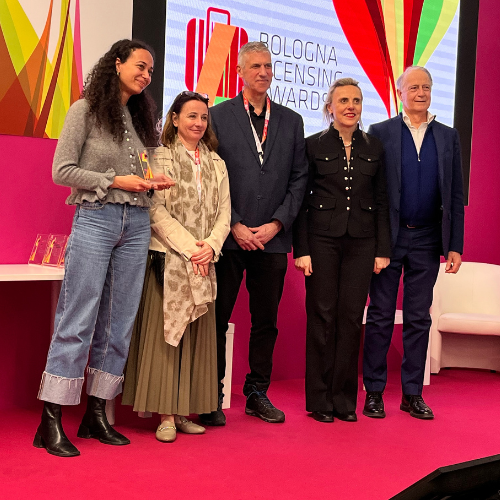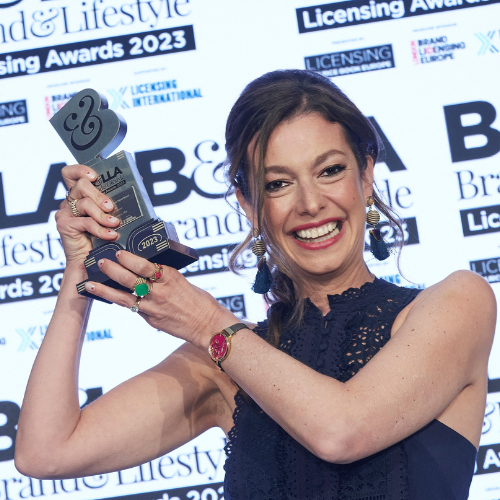The UK consumer games market reached a record figure of £7.16 billion in 2021 – growing by 1.90% from the previous record of £7 billion recorded during the height of the Covid-19 pandemic in 2020.
The valuation – which takes place every year ahead of the start of the London Games Festival – explores how much money consumers in the UK spend on game software, game hardware and on game culture (such as toys, movies and books).
Compiled by video games trade body, Ukie, with the support of data partners ABC, The BFI, GfK Entertainment, Kantar, OCC, Omdia, Nielsen and NPD – alongside analysis from Ukie’s insight and innovation team – the valuation provides a detailed examination of the size, scale and make up of the country’s consumer games market.
Game hardware sales grew by 17.4% year on year to reach £2.66 billion in 2021 – further increasing upon the record total seen in 2020’s consumer valuation.
The main driver of the growth in hardware sales in the UK was a significant bump in the sale of console hardware. The category grew by 32.9% from 2020, reaching a record figure of £1.13 billion that propelled the overall market to new heights.
“2021 was the first full calendar year for Sony’s PS5 and Microsoft’s Xbox Series consoles,” commented Dorian Bloch, senior client director at GfK Entertainment. “Both made a huge impact in Q4/20 at launch, with consumer demand outstripping supply, so there is no surprise that this is the best year since the all-time peak back in 2008.
“But we should not forget that Nintendo’s Switch also enjoyed another big year in 2021. This is a fifth year at market for the Switch, which has been rejuvenated and refreshed a number of times since 2017 – most notably with Switch Lite in 2019 and Switch OLED in 2020.”
There was also a significant growth in Virtual Reality (VR) hardware sales. The category reached a new high of £183 million, recording an increase of 41.9% compared to 2020.
There was also minor growth in the PC game hardware and console game accessories, with each growing by 5.89% (£881 million) and 2.43% (£464 million) across the course of 2021.

Meanwhile, the consumer game software market was valued at £4.28 billion in 2021. This means that spend declined by 6.32% in comparison to 2020, but has grown 11.4% in comparison to a £3.84 billion total from revised 2019 figures.
Spend on digital console games reduced by 5.59% to £1.65 billion, with digital PC revenues down by 7.02% to £620 million. The lack of major releases such as Animal Crossing: New Horizons and The Last of Us Part II had a downward effect on the market, but that effect should be seen in the context of the impressive performance of software during the pandemic.

In addition, spend on video game culture continued to grow in 2021, increasing by 13.8% from 2020 to reach a total of £226 million.
Sales of Toys & Merchandising was the biggest factor in the growth in games culture spend, increasing by 33.6% from the previous high of £119.6 million to £159 million.
“Video and digital game-related toys have seen consistent double-digit growth in the UK for the last three years and are now 5% of total UK toys sales,” commented Melissa Symonds, executive director of UK Toys at NPD. “Pokémon was not only the fastest growing video game related property, but also the fastest growing property across the total toy market last year. It demonstrates that kids and adults alike love to play with their favourite gaming characters in all formats.”
Revenue in the Books and Magazines and in the Streaming & Game Video Content categories also both grew, reaching £11.8 million and £49.8 million respectively.
Dr Jo Twist OBE, ceo of Ukie, continued: “The UK consumer games market has consolidated effectively following significant growth during the Covid-19 pandemic. The UK is a nation that loves its video games and we should be proud of the positive contribution this sector makes to the economy, to our culture and to wider society.”
Want to read more news like this? Simply sign up to our daily digest by clicking here. You can also follow @LicensingSource on Twitter and @licensing_source on Instagram.































